Business households purchasing agricultural products without input invoices
According to Decree No. 70/2025/ND-CP, from June 1, 2025, business households in certain industries with revenue of VND 1 billion/year or more will not pay taxes in the form of lump sums as before but must issue electronic invoices generated from cash registers connected to data with tax authorities, and pay taxes based on actual revenue. Households that do not comply with regulations will be at risk of being administratively sanctioned.
In recent days, the situation of trading goods without invoices has been very common, which is the reason why small traders have closed down and stopped doing business. In addition, many stores and kiosks have closed down or are operating at a low level because people are waiting for instructions to complete tax procedures according to the regulations in Decree 70. Some businesses are afraid of being fined for not doing so, so they have chosen to temporarily close down or operate at a low level to wait and see.
Mr. Nguyen Van Dinh, the owner of a grocery store in Ninh Giang district, Hai Duong province, said that because he was so worried, he temporarily closed his store and stopped selling goods since the beginning of June. According to Mr. Dinh, his family's grocery store sells a wide variety of goods, some are from the company, some are imported from agents, and some are purchased directly from people, so there are no input invoices.
“For example, I buy brooms from street vendors to resell, or my neighbors ask me to sell them a dozen eggs or a bunch of vegetables they grew themselves, but there is no input invoice, and I don’t know how to prove the origin, so I have to temporarily close the shop to wait and see,” said Mr. Dinh.
Similarly, a representative of Giang Coffee business (29 Nguyen Huu Huan, Hoan Kiem District, Hanoi ) also said that the store's main input items are agricultural products such as chicken eggs and coffee purchased from farmers, while they are not registered for business so they cannot issue invoices.
“In the past few days, we had to go to Quoc Oai, Thach That, and even Phu Tho to ask if there was any place that issued invoices,” said a representative of the business household.
According to Ms. Nguyen Thi Cuc, President of the Vietnam Tax Consulting Association, input invoices are a mandatory requirement to prove the origin of goods. Especially for items with a high risk of fraud such as consumer goods, phones, cosmetics, fashion, processed foods, etc., if there is no input VAT invoice, the tax authority may consider it as contraband or tax-evading goods. However, there are also cases where the law allows no invoice, instead a list is used.
Ms. Nguyen Thi Cuc, President of Vietnam Tax Consultants Association
“When purchasing agricultural, forestry and aquatic products from people who are not registered as businesses such as farmers and fishermen, business households can make a list instead of requesting a value-added invoice. The list must clearly state the seller's information, quantity of goods, value, address, citizen identification number...", said Ms. Nguyen Thi Cuc.
However, the list is only applicable to raw goods purchased from non-business individuals. If it is also vegetables, meat, fish but purchased from supermarkets, cooperatives, or business companies, then an invoice is required.
“For food businesses, when purchasing agricultural products directly from farmers and fishermen, they can make a list instead of requesting a VAT invoice. The list must clearly state the seller's information, quantity of goods, value, address, citizen identification number...", Ms. Cuc added.
Regarding the input of business households, Ms. Pham Thi Minh Hien, Deputy Head of the International Policy and Tax Department, Tax Department also informed that in case of agricultural products purchased from households that do not register for business, if the total purchase amount/year is less than 100 million VND, it is not subject to tax (from January 1, 2026, it is 200 million VND). If the input purchase is from 100 million VND/year, the seller must register for management at the tax authority and request the issuance of a single invoice. Meanwhile, agricultural products are products of cultivation and livestock directly produced and sold by the person who is not subject to VAT.
“A contracted household can receive input from many sources such as enterprises, declaring households, contracted households or small households that sell directly. Depending on each case, there will be an invoice or not. In the case of buying used goods from a consumer who is not a business individual, there is no need to declare taxes and if there is no invoice, the purchase and sale documents between that individual and the business household will be recorded, clearly showing the seller's information, citizen identification, quantity of goods, value...”, said Ms. Pham Thi Minh Hien.
How to get input invoice when purchasing old goods?
For Mr. Pham Anh Duong, a contract-based electronics business in Phuong Mai, Dong Da District (Hanoi), the difficulties with input invoices lie in another aspect. Mr. Duong said that he often buys used goods without documents, leading to difficulties in declaring input when selling without legal invoices.
“My store mainly buys used phones, iPads, laptops... Most of the equipment has been used for many years so there are no documents or invoices left. I don't know how to legalize the input invoices for these items. Without input invoices, it's difficult for me to issue invoices for electronic declaration documents,” Mr. Duong wondered.
Regarding this issue, Ms. Pham Thi Minh Hien said that purchasing old goods and making a purchase list is a suitable method. However, when purchasing some special items stipulated in Decree 70, business households must clearly state the characteristics and types of the items as well as the seller's information, address, and citizen identification number in the list as a basis to prove that the purchase is legal.
"We gradually get used to how to establish that purchase and sale, so that we can prove that the goods are of known origin, not stolen goods. We have made the sale public so that when a state agency asks, we can prove that I bought it from Mr. A, Mr. B.... From there, we don't have to be afraid of anyone, if we are transparent, we don't have to be afraid of anyone," said Mr. Mai Son, Deputy Director of the Tax Department, Ministry of Finance.
According to VOV
Source: https://baothanhhoa.vn/ho-kinh-doanh-thu-mua-nong-san-do-cu-khong-co-hoa-don-dau-vao-xu-ly-the-nao-252284.htm



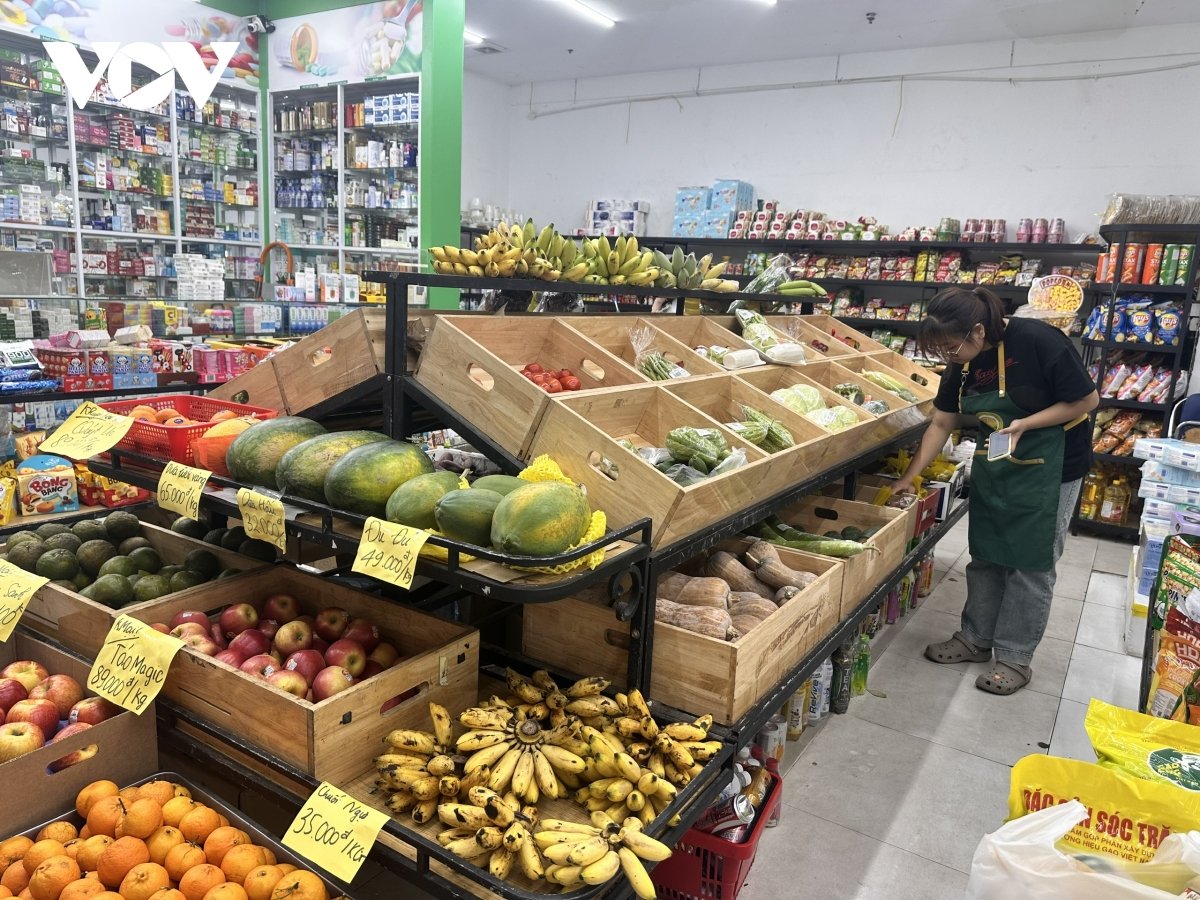
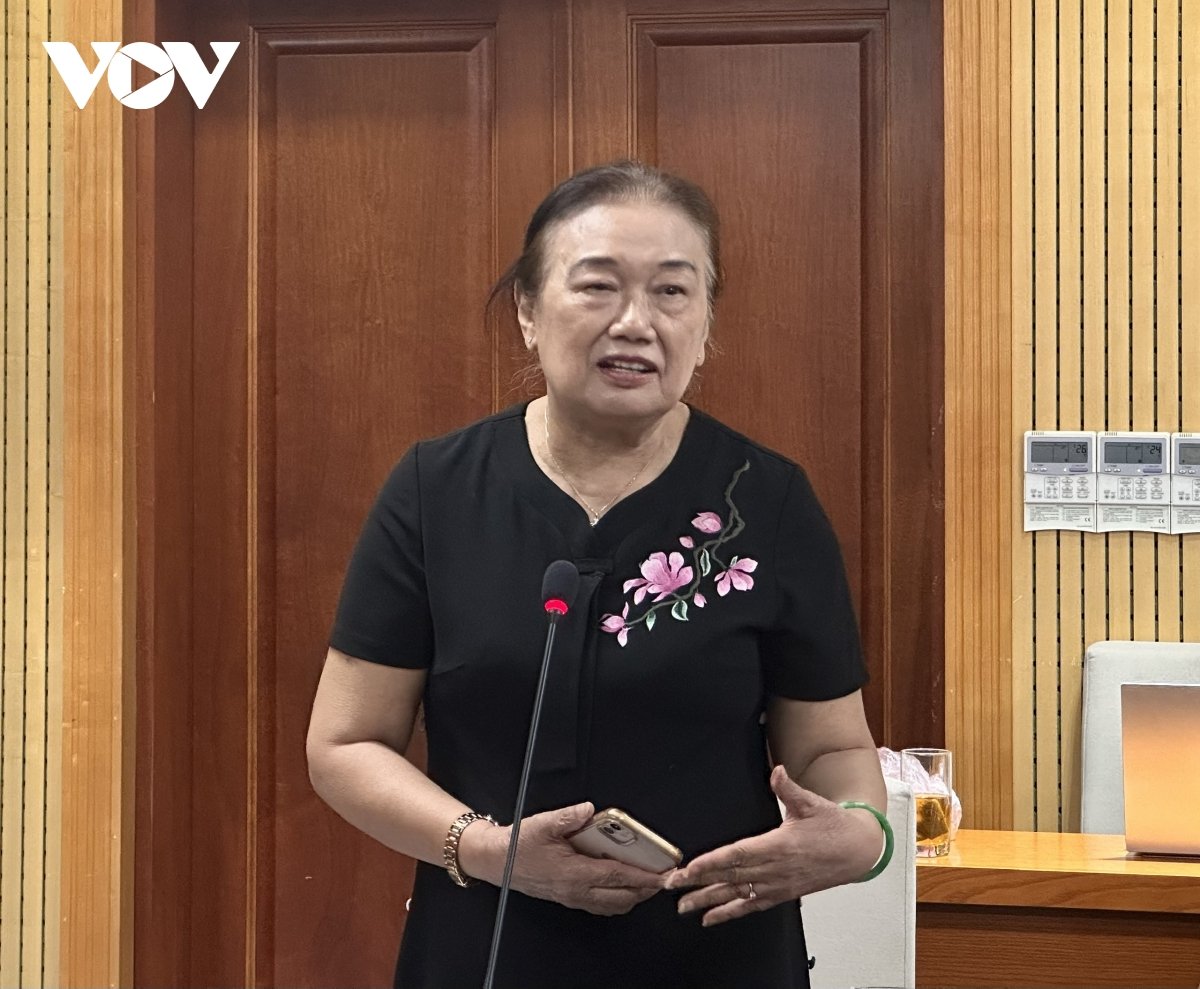
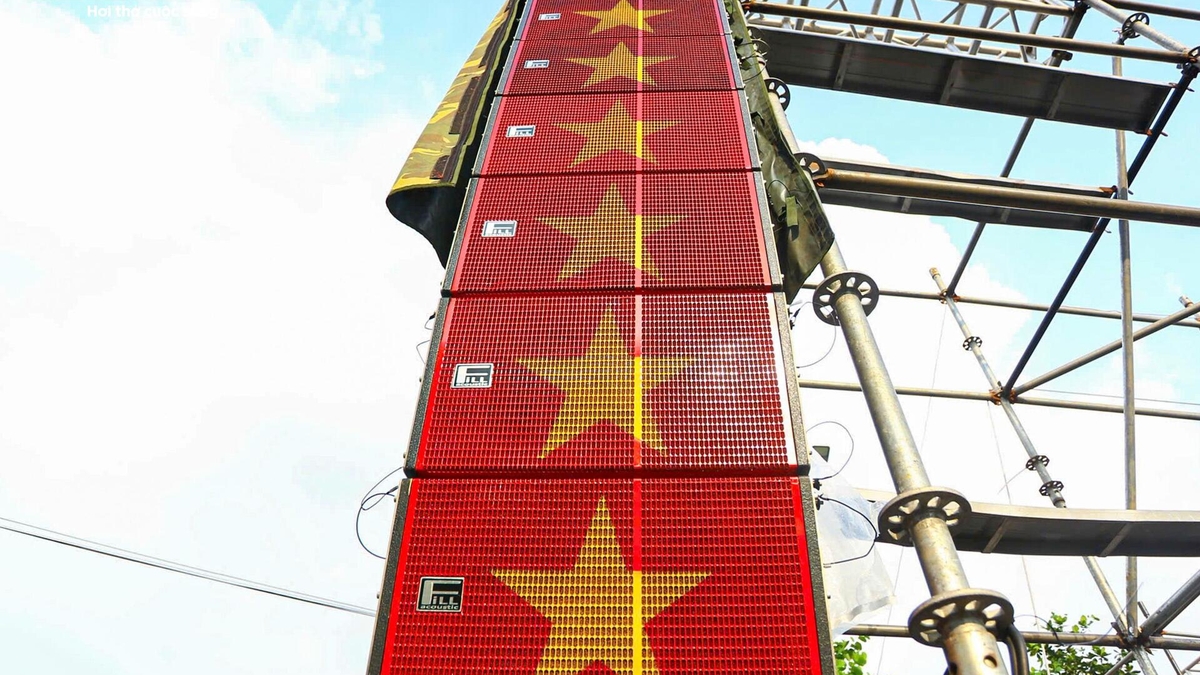
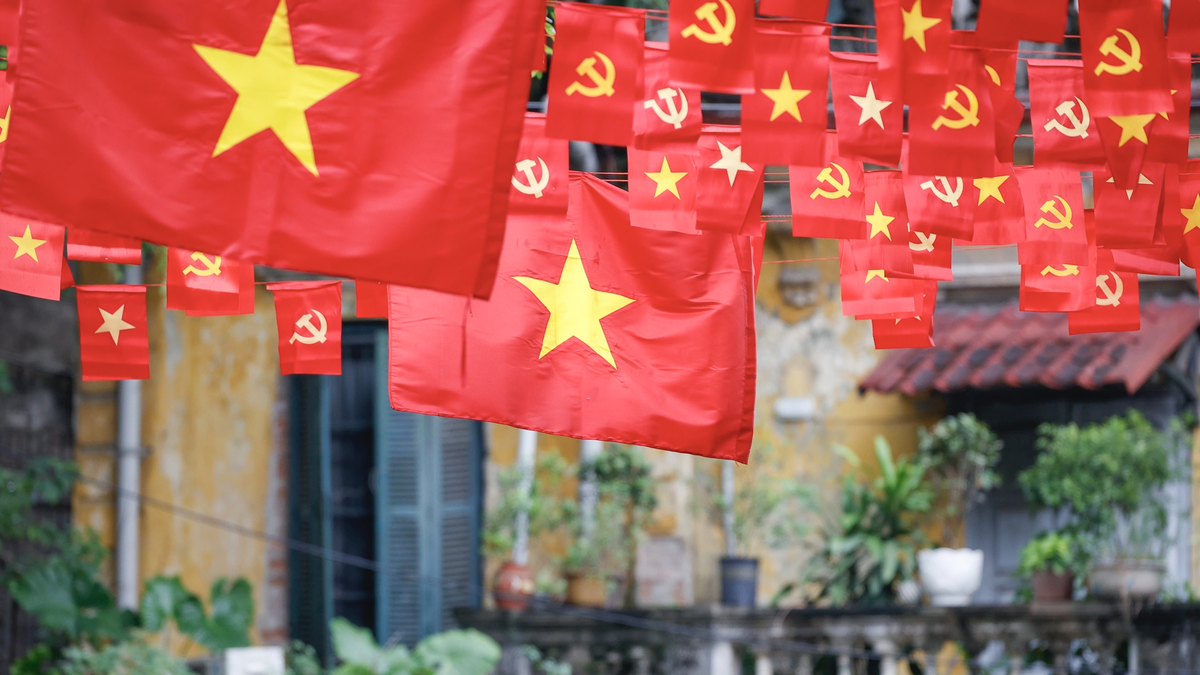

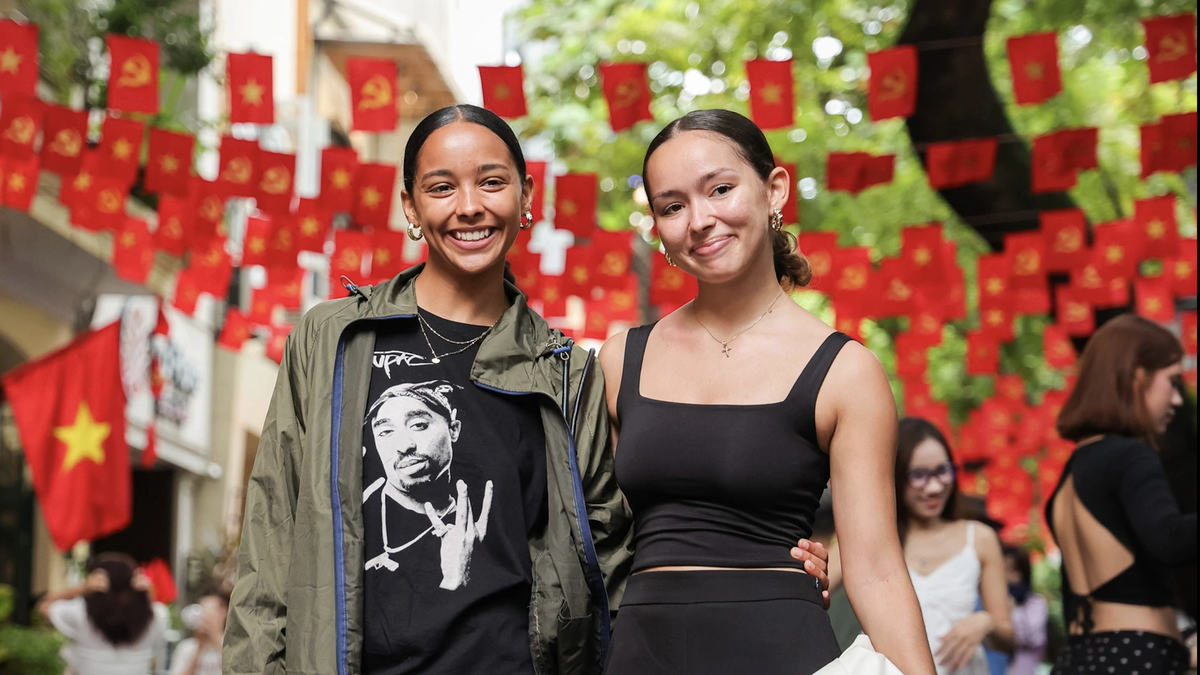

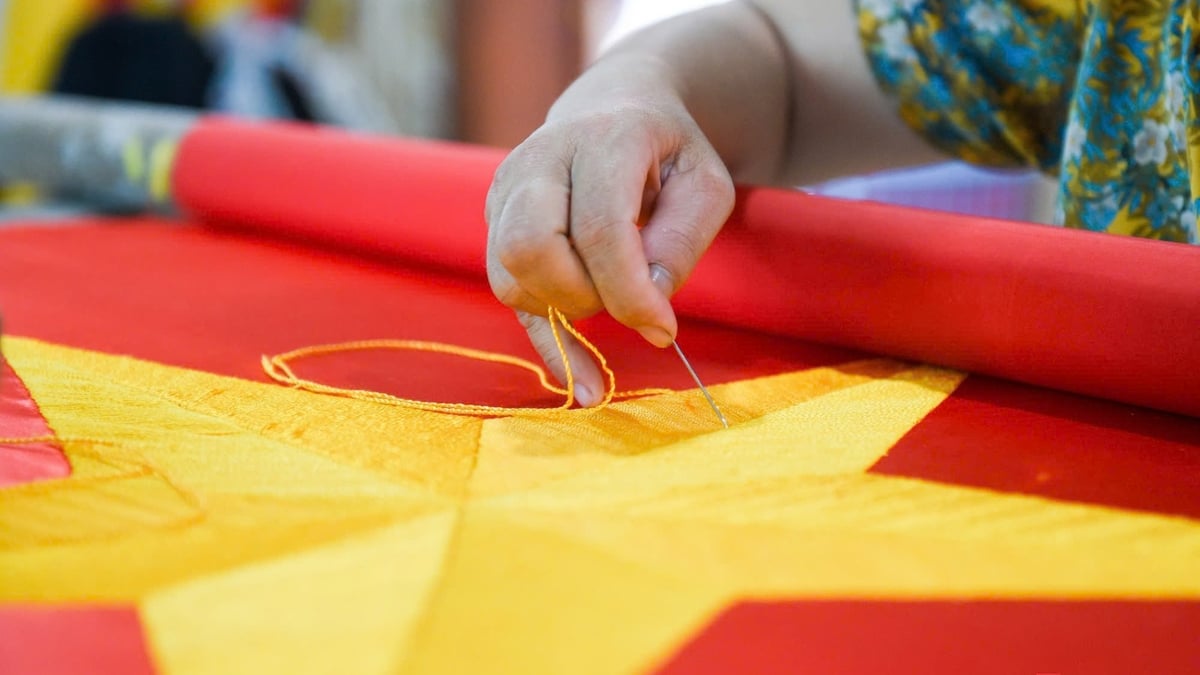
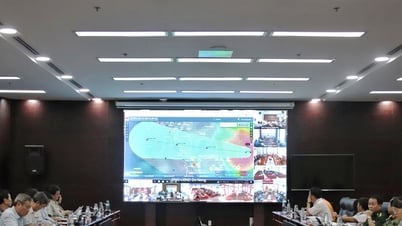

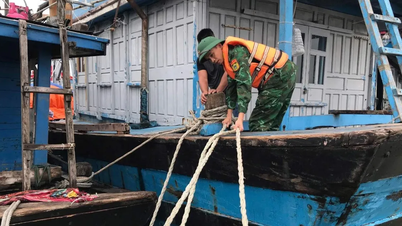

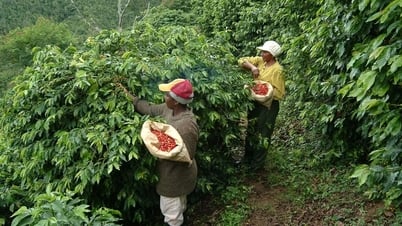

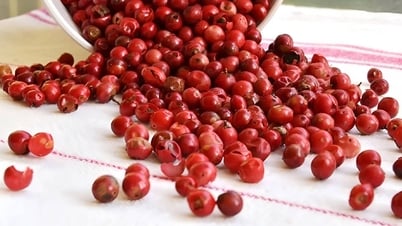
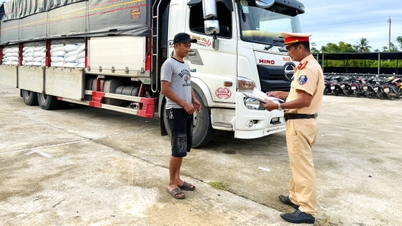

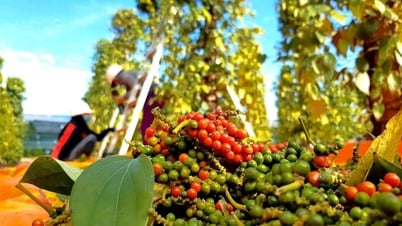
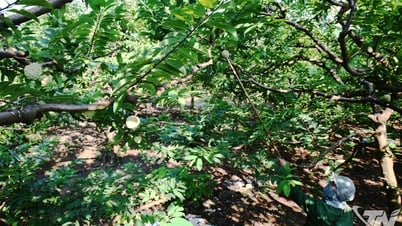

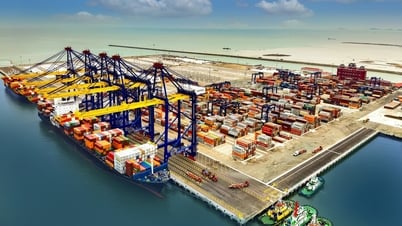

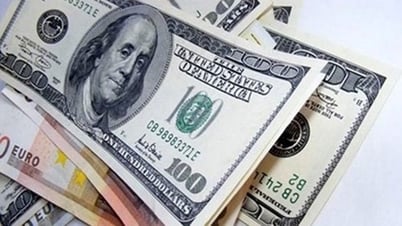



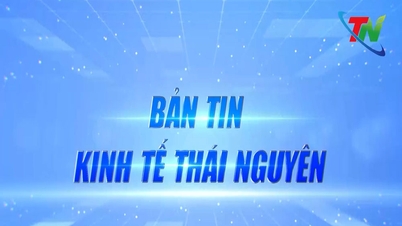
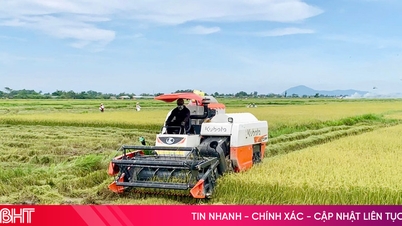




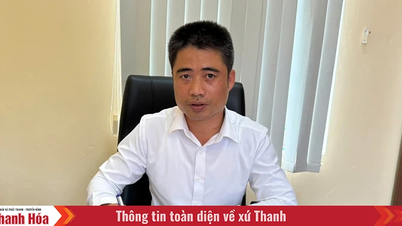
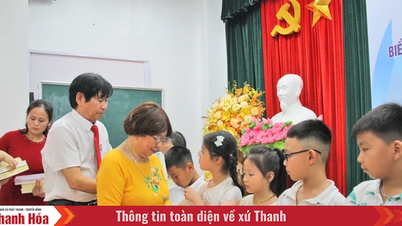

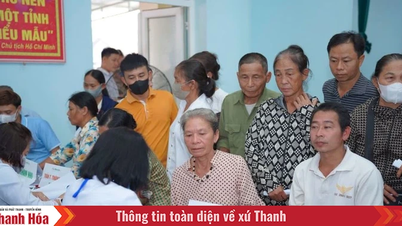
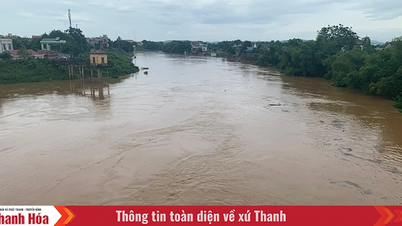
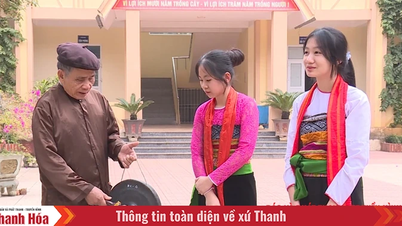

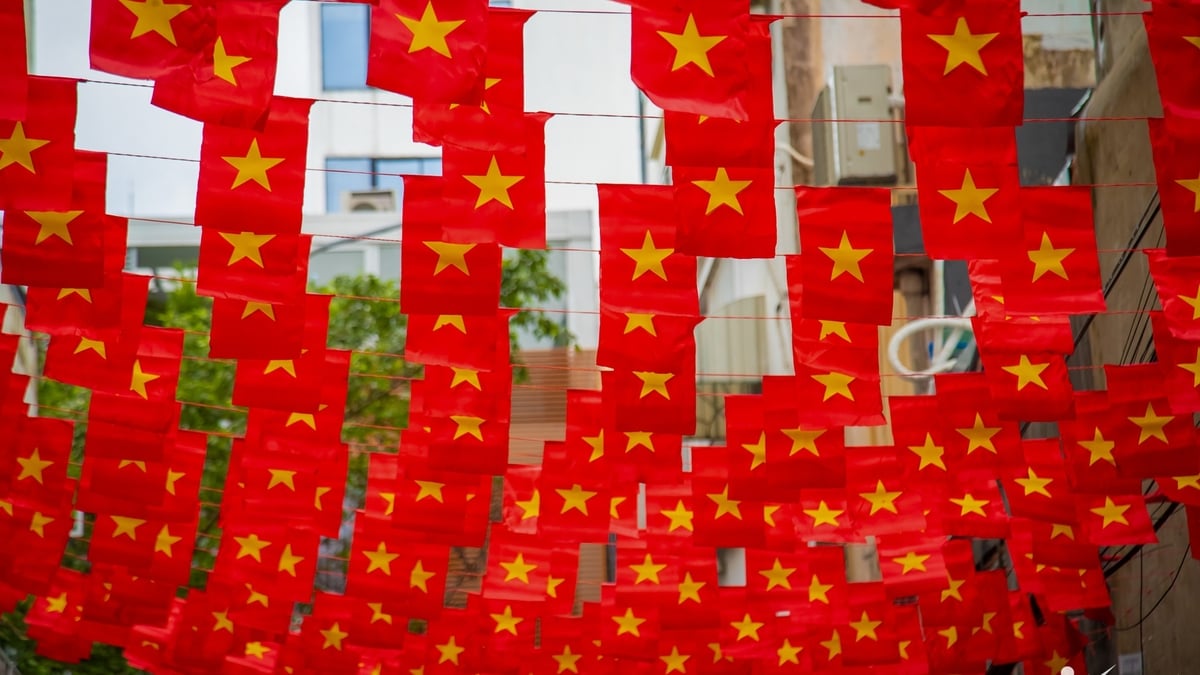


















































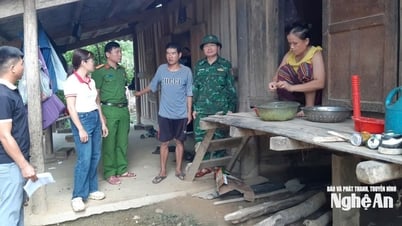
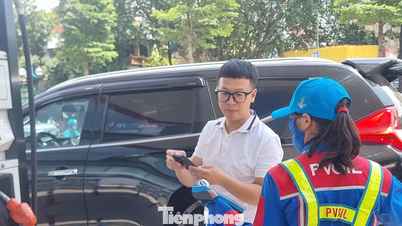

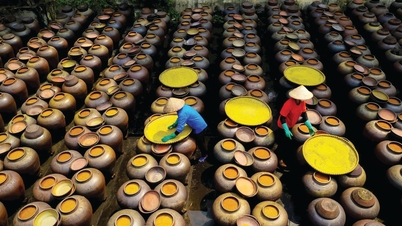


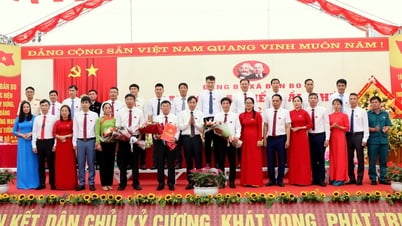










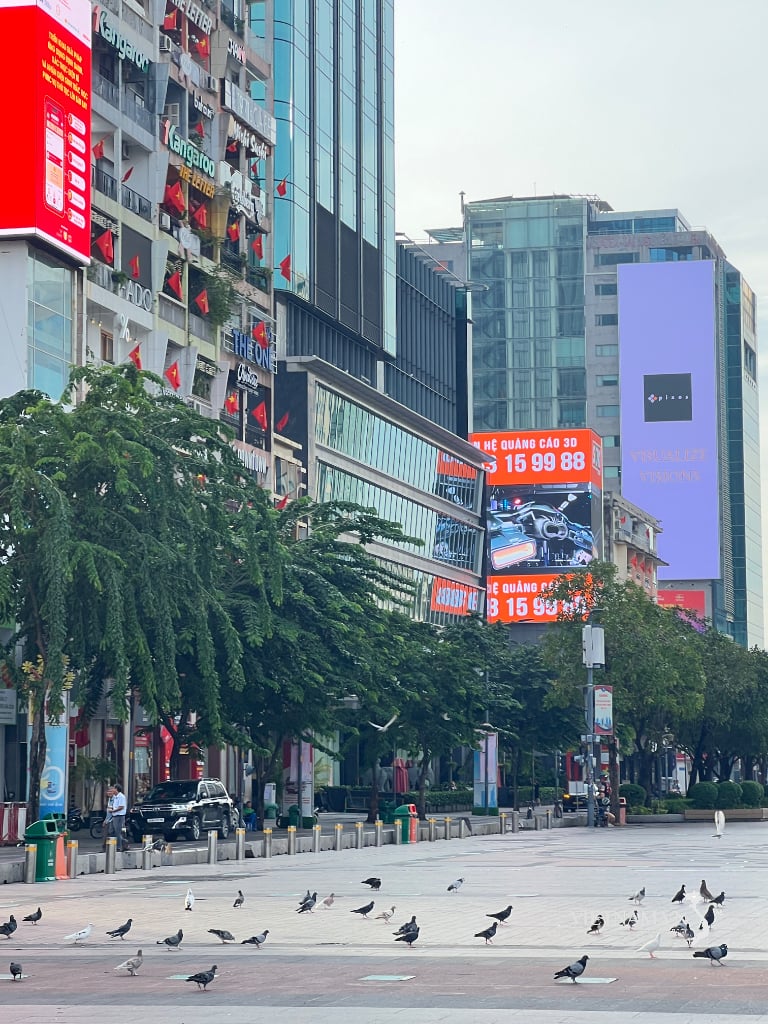



Comment (0)